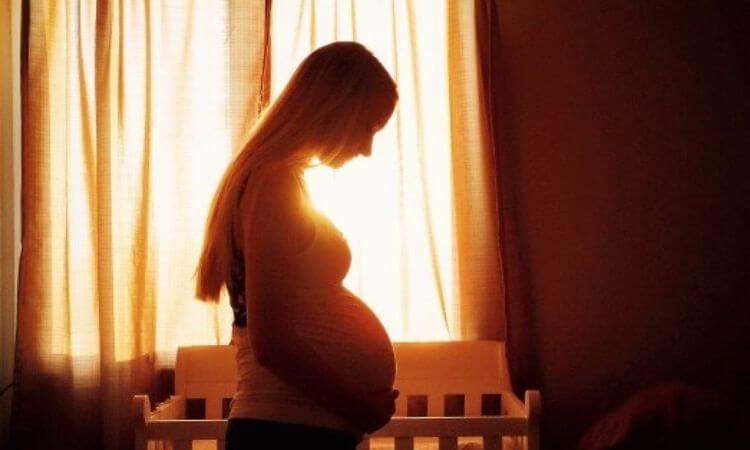
June is Women’s Healthcare Month and we will be talking about the intersection of addiction and substance abuse on women’s health all month long. Addiction and substance abuse have been found to negatively impact both male and female fertility but research has shown that women are more susceptible to the long-term physical health effects than men.
Effect of Substance Abuse on Female Reproductive Health
Increased STD Risk
Lowered inhibitions and impaired judgement caused by alcohol and drug abuse increase the chance of engaging in risky sexual behaviors. These include unprotected sex and sex with multiple partners which both increase the risk of contracting Sexually Transmitted Diseases. There is also a greater risk that someone in active addiction will not be receiving regular medical care and therefore will not be screened for STDs. Certain STDs such as Syphilis and Chlamydia can cause reproductive damage and infertility if left untreated.
Hormonal Disruption
Drug and alcohol use can cause hormonal disruption and dysfunction which can lead to menstrual cycle changes, including Amenorrhea (absence of period). Over time these hormonal issues can cause reproductive health problems.
Cancer Risk
Certain STDs such as Human Papilloma Virus correlate to higher risk of certain cancers such as cervical cancer. Because drug and alcohol users are at higher risk of STDs, this is cause for concern. Furthermore, women who use drugs and alcohol are at higher risk overall for numerous forms of cancer, including those that affect reproduction.
Sexual Dysfunction
Drug and alcohol abuse can impact sexual performance, drive, pleasure and arousal. For example, studies have found that heroin use can cause long-term loss of sexual desire and inability to achieve orgasm.
Effect of Substance Abuse on Fertility
Each of the above health effects has their own impact on female fertility. Further effects depend on the substances used.
Tobacco Use and Fertility
Tobacco use correlates to infertility. One study shows that just a half-pack per day is linked to reduced fecundity (ability to produce multiple offspring). Another study shows that smoking is associated with increased failure to conceive in both a 6-month and 12-month duration of study. Smoking also correlates to shorter menstrual cycle length.
Alcohol Use and Fertility
Research has shown that women with alcohol use disorders are more likely to have problems with fertility than women who are low to moderate alcohol users. Studies have found that women’s alcohol intake was associated with a decreased chance of conception, particularly when participants consumed five or more drinks per week.
Drug Use and Fertility
Drug use and infertility connect in multiple ways depending on the substance. In a study by the American Society for Reproductive Medicine (ASRM), women who reported using Marijuana were found to have higher rates of infertility than non-users. Further, female cocaine use can cause fallopian tube damage which can result in permanent infertility. As well as irregular periods and hormonal imbalances which make fertility tracking impossible for months after last cocaine use was reported.
Getting Help
If you or a loved one are struggling with substance abuse or addiction, we can help. Contact us today, we’re here for you.